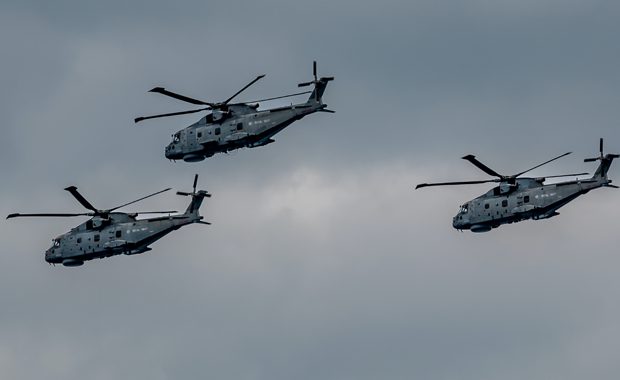GK had the pleasure of hosting former Treasury and education minister David Laws and the Financial Times’ Economics Commentator Chris Giles in our latest webinar on Thursday (12th June) to discuss the winners and losers from the government’s spending review, and what it means for business.
The spending review is a significant moment in the political calendar. The settlements it confirms set departmental day-to-day budgets for the next three years (2026-27, 2027-28 and 2028-29) and capital expenditure for the next four (until 2029-30). It is also the moment when No.10 and the Treasury must publicly commit the funds to support their political objectives – in essence, we get to see where spending is going to be prioritised and where it is not.
In the webinar, David and Chris detailed what the spending review means for overall public spending, where the government could come undone, and the possibility of future tax rises. You can read a summary of their key takeaways below:
The spending review is not about making new money available or introducing new taxes. Spending reviews are all about the allocation of a pre-determined spending envelope which, in this instance, the Chancellor set out in the October budget last year. It does not introduce any new taxes or make new money available. Instead, it confirms what areas of public spending the government wants to prioritise, and which departments will have to be squeezed.
The departmental settlements do not represent a return to the austerity years. While the overall spending envelope is tight – especially given growing pressure on public spending across health, pensions and defence – day-to-day spending is still rising by 1.2% per year in real terms (i.e. accounting for inflation) over the spending review period. This means it is broadly in line with the departmental spending settlements put forward by various governments since 2019.
A lot of the spending assumptions depend on public sector productivity improving, which is no guarantee. Public sector productivity has declined since the Covid-19 pandemic and in 2024 it fell by 0.3%. The Office for Budget Responsibility (OBR) has historically assumed quite generous improvements in public sector productivity each year which is a key component of its overall economic growth metric.
If the OBR significantly revises down its assumptions about improvements in productivity, this could seriously impact the funds it is projecting the government will have to work with over the spending review period. This increases the likelihood of the government having to do introduce large tax rises at the autumn budget.
Defence will continue to put pressure on the government’s overall spending envelope. Since the end of the Second World War, successive governments have used cuts to defence as a means of boosting other areas of public spending, most notably health. Persistent global instability and geopolitical uncertainty means that higher levels of defence spending are likely to continue for the foreseeable future. No.10 and the Treasury will have to contend with this new spending pressure as demographic challenges continue to pile up and economic growth remains sluggish.
The NHS is the big winner from the spending review, albeit with a smaller settlement than it has historically received. Health secretary Wes Streeting will undoubtedly be the happiest around the Cabinet table following the confirmation of the Department of Health and Social Care’s settlement, with spending on the NHS set to grow by 3% per year in real terms. However, this is below historic average rises of approximately 4-5%. With a growing elderly population and people living with complex conditions for longer, the funding put forward in the spending review settlement is unlikely to significantly move the dial on the performance of the NHS.
Small tax rises are likely at the autumn budget to meet the Chancellor’s fiscal rules. The government has committed to meet day-to-day expenditure through its own revenues by 2029-30. This means its current budget will have to be in balance or surplus by the end of the decade, and any money the government does borrow will be to invest. If the OBR projects that the government is not on course to meet this fiscal rule (or any of its others), then Chancellor Rachel Reeves will be forced to come back for a second round of tax rises or decide to break a fiscal rule. Either look fairly unpalatable to the government given where they currently are in the opinion polls.
A cabinet reshuffle should be expected in the second half of 2026 as the government begins to ramp up to the next general election. 2026 is projected to a big election year in the UK. Elections are due to take place for the Scottish Parliament and Welsh Assembly, along with a series of newly created unitary authorities. Should the results prove poor for Labour, as current polling indicates they will, then Prime Minister Keir Starmer is likely to reshuffle his cabinet to get his top team in place as the No.10 machine starts to think about the next general election in 2029.






